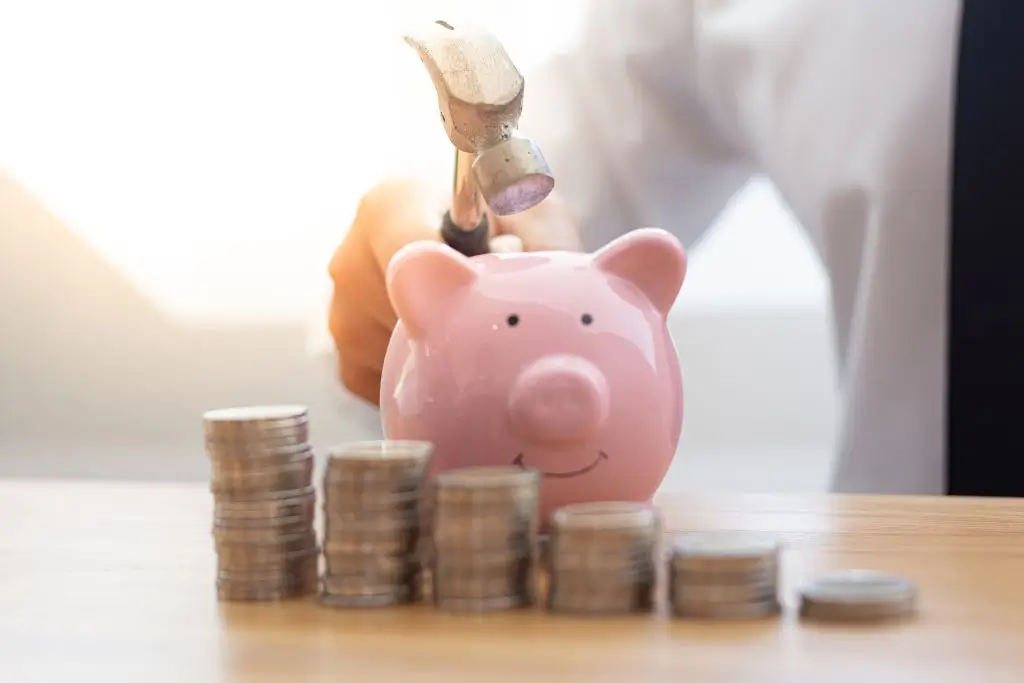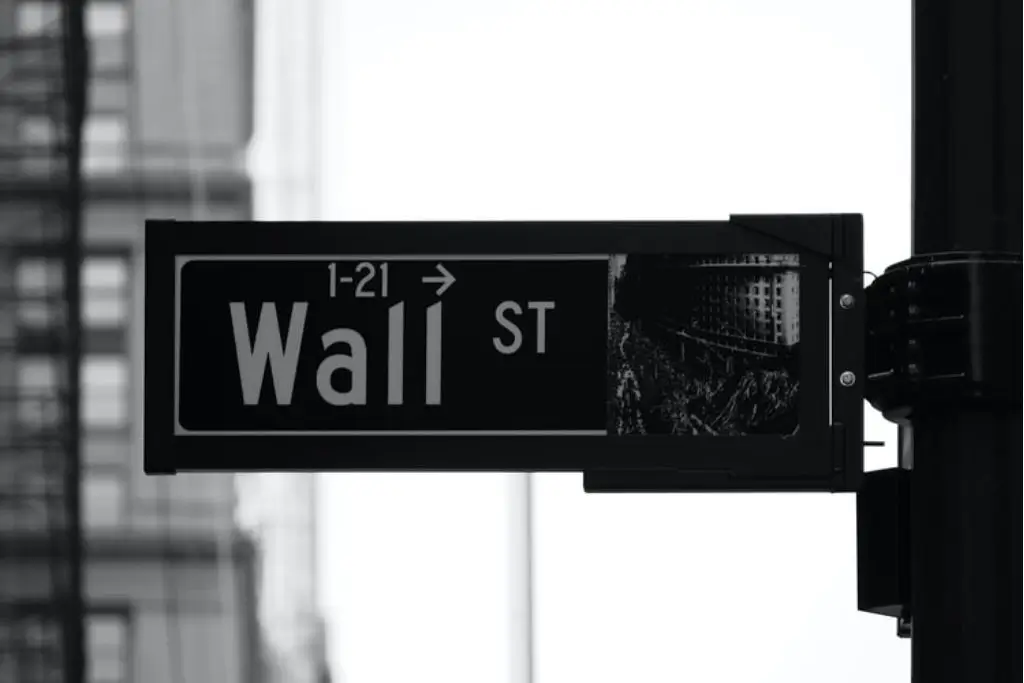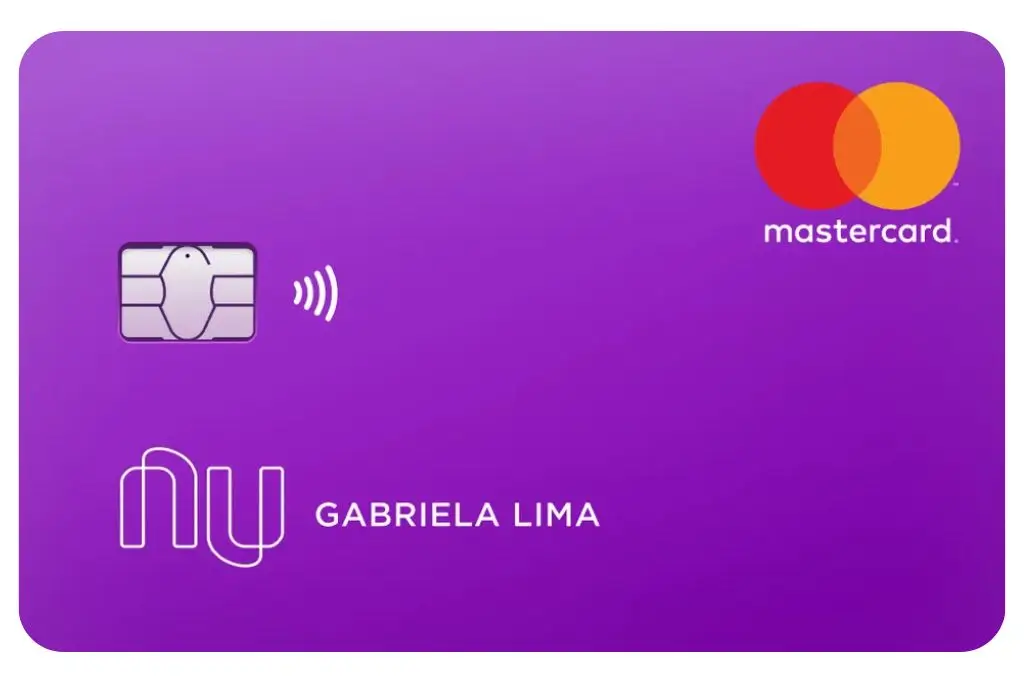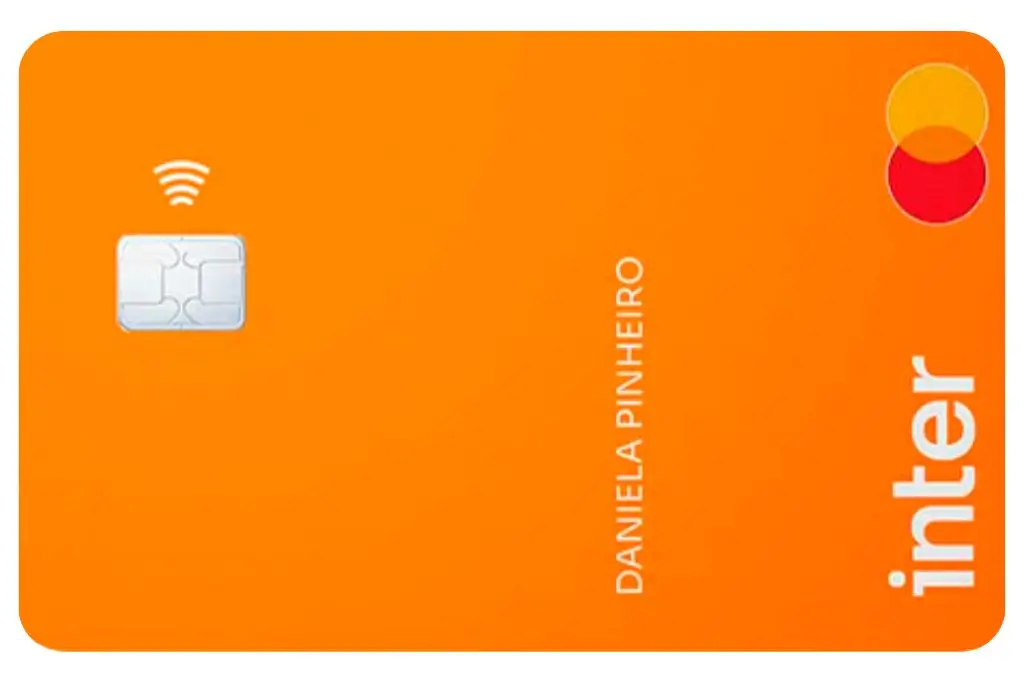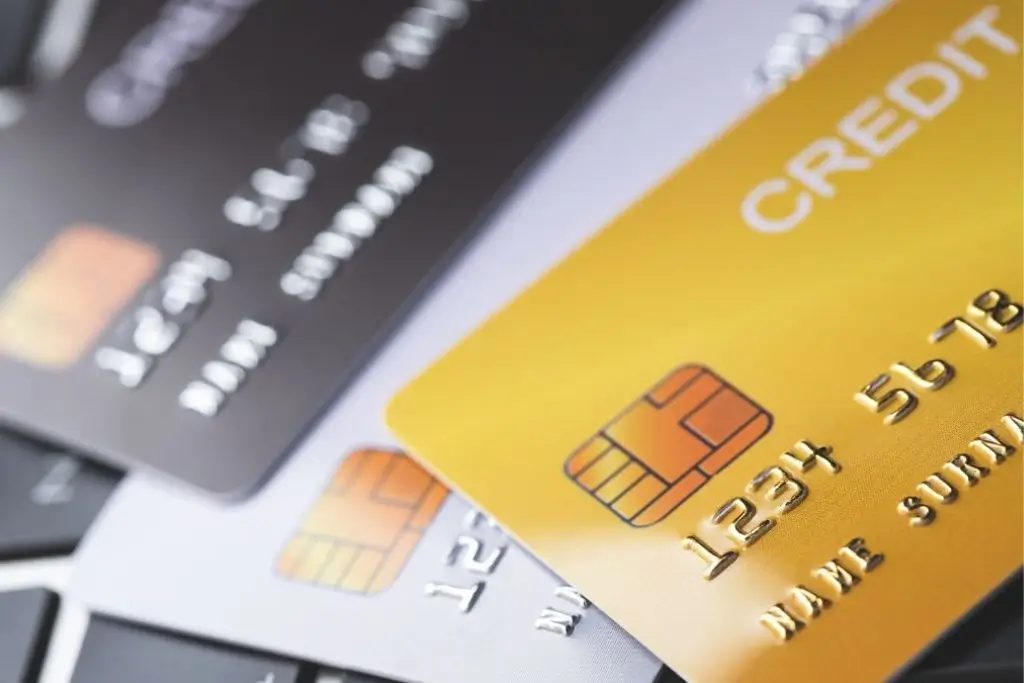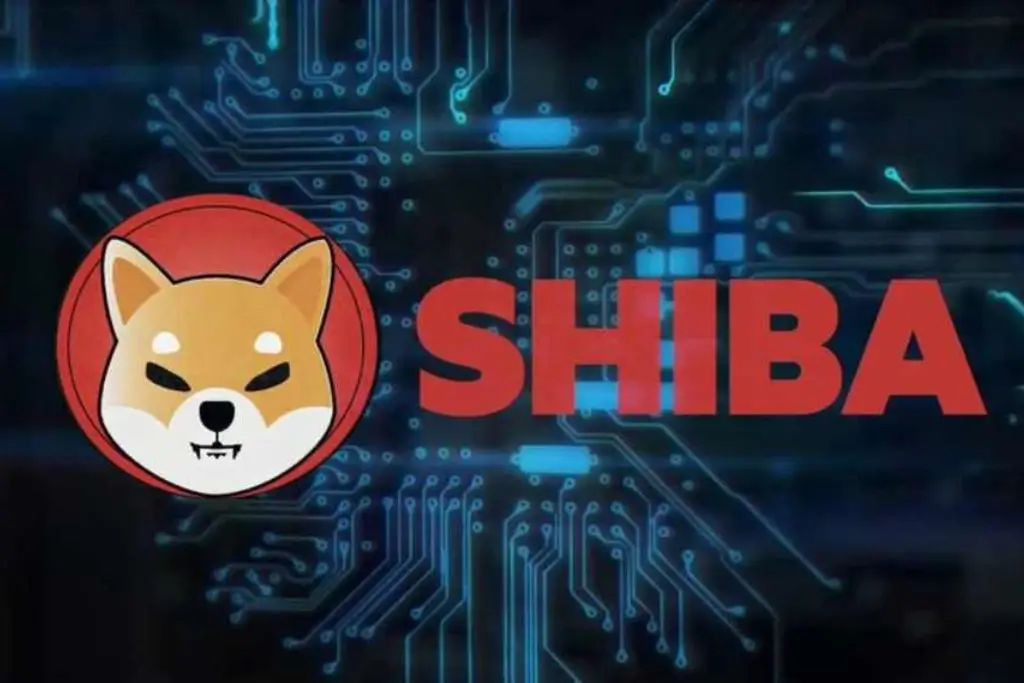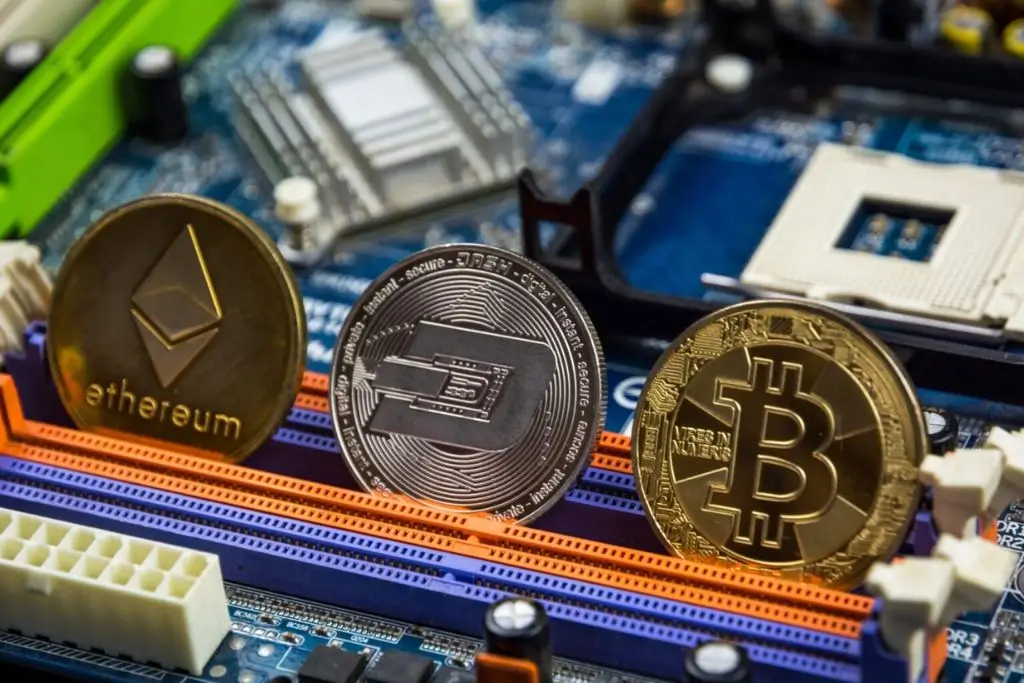Here's how Bitcoin works, the world's most famous and valuable cryptocurrency, and a favourite in the digital currency financial market.
Created in 2009, Bitcoin is considered the most famous and valuable cryptocurrency on the financial market. With a six-figure valuation, this currency has already made many cryptocurrency miners rich.
By eliminating the need for intermediaries such as banks and governments, Bitcoin introduces a new paradigm of financial transactions based on a decentralised network architecture known as peer-to-peer (P2P)
While traditional fiat currencies, such as the real and the dollar, are regulated and controlled by government entities, Bitcoin operates on a reverse model. Instead of depending on the authority of a central government, this crypto is a combination of peer-to-peer technology and cryptographic security.
This format ensures that transactions are confirmed and executed securely and transparently, without the need for an intermediary.
The essence of Bitcoin lies in its ability to be a currency backed not by physical items such as gold and silver, nor by trust in centralised institutions, but by programming code.
This unique characteristic makes Bitcoin a form of digital money that transcends geographical borders and traditional barriers, offering an innovative alternative to the conventional financial system.
Over the years, Bitcoin has aroused interest and fascination around the world, attracting investors, entrepreneurs and technology enthusiasts. Its volatility and appreciation potential have led many to consider it a store of value and a speculative investment, while others see it as a tool for financial inclusion and the democratisation of access to financial services.
Definition of bitcoin
Bitcoin is a cryptocurrency created in 2009 that eliminates the need for intermediaries such as banks and governments. Its technology uses a computer network architecture known as peer-to-peerThis confirms transactions between two computers, without the need for a central server.
While fiat currencies (such as the real and the dollar) are regulated and controlled by a government, this digital currency follows the opposite path: it is a combination of P2P technology (peer-to-peer - a computer network) and cryptographic security (where only the transmitter and receiver have access to the information sent), making it a currency backed by programming code, rather than by physical items such as gold and silver, or by trust in authorities such as governments and central banks.
How it works
To understand how this cryptocurrency works, you need to understand three central points: blockchain, public and private keys e bitcoin mining.
Blockchain: bitcoin was created from an open source code known as blockchain (in Portuguese: chain of blocks), which works like a shared ledger and immutable - making it easier to record transactions on the network, reducing costs and risks for those involved;
Public and private keys: a bitcoin wallet has public and private keys, which will work simultaneously to complete transactions on the network, allowing the owner of the wallet to initiate and digitally sign transactions, essential for providing "proof of authorisation";
Mining: mining is a distributed consensus system for confirming pending transactions by including them in the blockchain, i.e. they are members of the P2P network who independently confirm transactions. These members have supercomputers that are used to process transactions, and are rewarded in fractions of bitcoin for each transaction processed. This independent network of miners also reduces the chance of fraud or false information being recorded, since most miners need to confirm the authenticity of each block of data before it is added to the blockchain, in a process known as "proof of work".
You can find more technical details by accessing the bitcoin Whitepaper here.
Where to buy bitcoins?
With the popularisation of cryptocurrencies, there are many brokers where you can buy your first fractions of bitcoins (known as satoshis - in honour of the creator Satoshi Nakamoto). The best known brokers are Binance (international) and Mercado Bitcoin (national).
We'll soon be writing an article comparing the biggest cryptocurrency brokers in Brazil and around the world.
How do I store my bitcoins?
After understanding how it works, you may be asking yourself - "Right, now that I know how it works, what it's for and I already have a few fractions of bitcoin, how do I store them safely?" - Valor e Capital explains.
There are two ways to store your bitcoins (and other cryptocurrencies): in hot wallets (hot wallets) and cold wallets (cold wallets).
- Warm wallet: online cryptocurrency storage, which can be accessed via a computer or smartphone. When you buy bitcoins, the initial storage is in a hot wallet, as the brokers that operate cryptocurrencies use this type of storage because it is easily accessible;
- Cold wallet: cryptocurrency storage offline and encrypted. Comparable to a USB stick, as you don't need internet access to access the information stored on the device.
Should I buy bitcoins?
This is a personal decision and depends very much on your investor profile. It's worth remembering that bitcoin is a volatile and very high-risk investment, but one with great potential returns. If you are an investor with a greater appetite for risk, bitcoin could be a good option to expose yourself to the alternative investment market.
Always remember that diversification and risk management help your portfolio grow more safely and with less risk. Read more about risk management here.
Did you like our content? Share it with your family and friends who are entering the world of investments and help more people with quality information! Together, let's demystify the stock market and the financial world in search of a promising future for Brazil.

